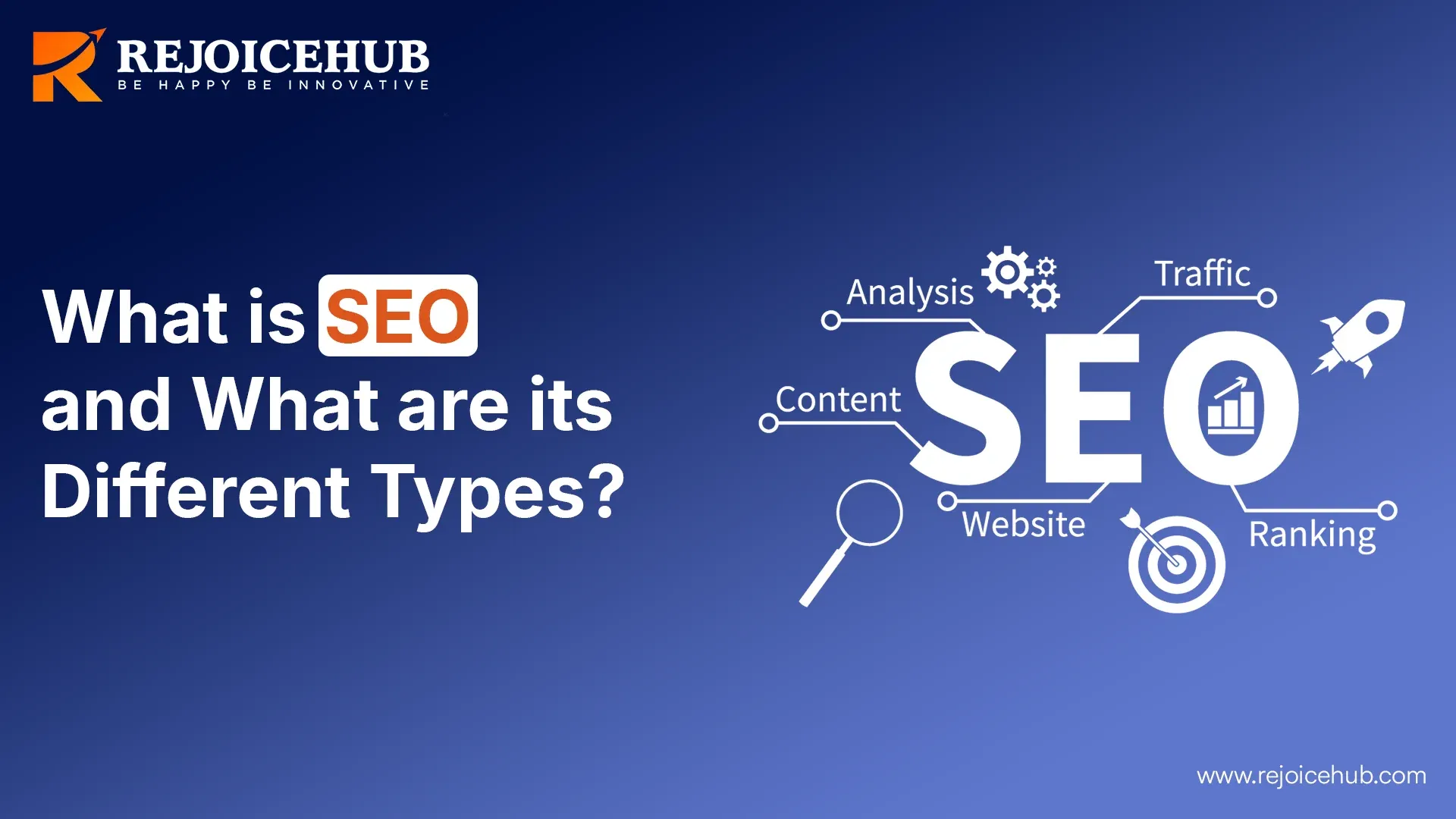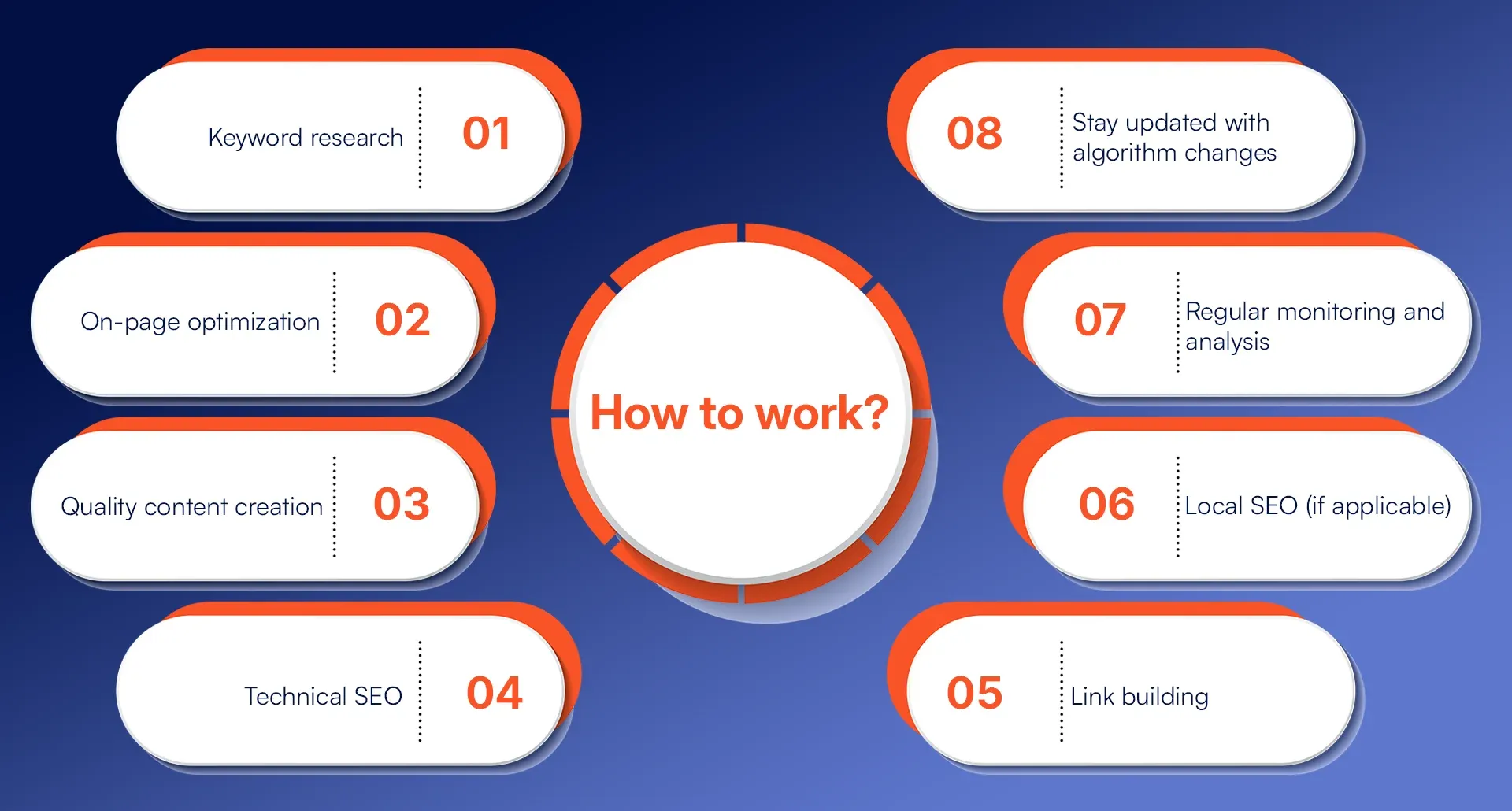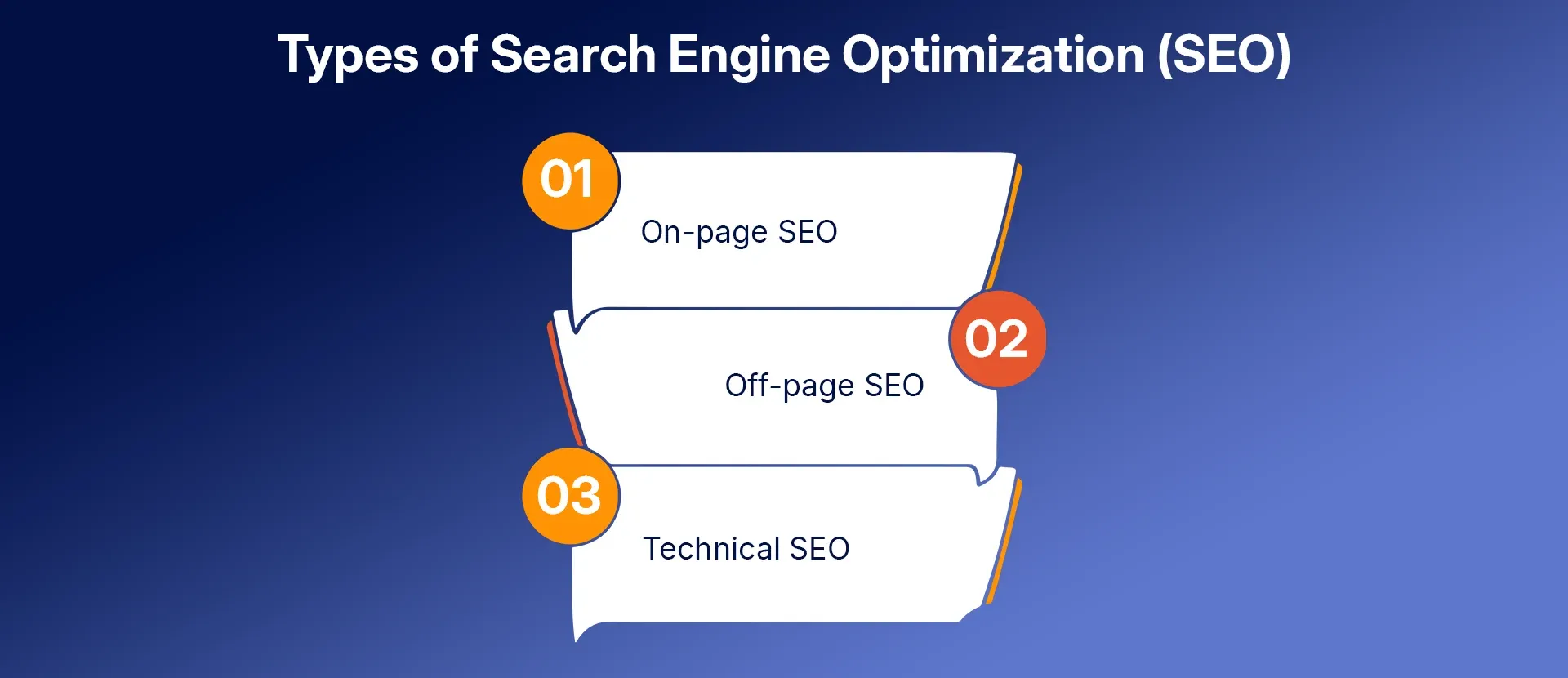
What is Search Engine Optimization (SEO)?
SEO, or Search Engine Optimization, is the process of directing more visitors to your website by enhancing its visibility on search engines. Put simply, it means tweaking the design and content of your website to make it look better to search engines. The major goal of SEO is that your website should appear higher on the SERPs (search engine results pages) when relevant keywords are keyed in by users. SEO incorporates a multitude of techniques and strategies, such as using appropriate keywords, producing high-quality content, optimizing the structure and HTML of a website, improving the loading speed of a website, and getting backlinks from other trusted websites.
Moreover, SEO implies making your website user-friendly and easily searchable for users as well as search engine robots. Successful SEO can generate organic traffic to your site which will result in increasing the visibility, credibility and ultimately the success of the site. It is an integral part of digital marketing for companies and individuals who want to enhance their online presence and have a wider reach.
How to work?
The work on SEO involves many tactics and strategies for boosting your website visibility and position in search engine results. Here are some key steps to take into account in SEO:

1.Keyword research:
Uncover the relevant keywords and phrases which may be used by your target audience while using the search engines. Use tools such as Google Keyword Planner, SEMrush or Ahrefs to identify valuable keywords that have high search volumes and relatively low competition.
2. On-page optimization:
Optimize on-page elements of your website, such as title tags, meta descriptions, headers, and content. Be sure to weave in your target keywords naturally while still delivering helpful and relevant content to your users.
3. Quality content creation:
Create top quality, interesting and informative content that corresponds to the interests and needs of your audience. Publish articles, blog posts, videos, infographics, and other types of content that will benefit your users and keep them interested.
4. Technical SEO:
Make sure your website is technically optimized for search engines. This covers work on site speed, mobile-friendliness, broken links, and a creation of an XML sitemap to help search engines crawl and index your website effectively.
5. Link building:
Get your attention on obtaining the best backlinks from relevant and authority websites. A powerful backlink profile will go a long way in increasing your website's credibility and authority with search engines.
6. Local SEO (if applicable):
If you have a local business, optimize your website for local searches by creating a Google My Business listing, getting local citations, and promoting customer reviews.
7. Regular monitoring and analysis:
Utilize tools such as Google Analytics and Google Search Console to watch the performance of your website, check keyword rankings, and find places for improvement. Data should be analyzed on a regular basis in order to make informed decisions and align your SEO strategy accordingly.
8. Stay updated with algorithm changes:
Always be aware of the latest updates in search engine algorithms, especially those from major search engines like Google. This way you will be able to adjust your SEO strategies so as to remain compliant and effective.
Types of Search Engine Optimization (SEO)

1. On-page SEO:
The on-page SEO is about optimizing individual web pages to enhance their search engine ranking and increase the organic traffic. It also encompasses the creation of a better user experience and mobile-friendliness, as well as content optimization, title tags, meta descriptions, headings and internal links. On-page SEO involves keyword research and strategic placement of keywords in the content.
2. Off-page SEO:
Off-page SEO is about activities that are not done on your website and are intended to improve its search engine ranking. It mainly includes link building, the process of getting backlinks from other trusted websites. The quality and relevance of these backlinks are very important in assessing a website’s authority and credibility for search engines. Other off-page SEO tactics include social media marketing, influencer outreach, and brand mentions.
3. Technical SEO:
This part of SEO concentrates on the technical aspects of a website, for example, making it easier for search engines to crawl, interpret and index the site. The scope is broader and includes website speed optimization, site architecture management, broken links fixing, XML sitemaps generation, structured data markup implementation and mobile-friendliness enhancement. The backend structure is targeted by technical SEO to make the website more appealing to search engine bots in terms of content understanding and purpose.
